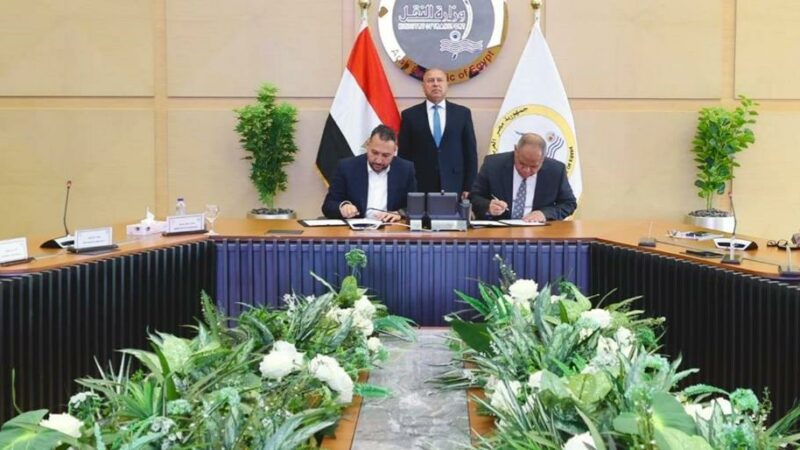South Africa and the African Development Bank Join Forces to Boost Infrastructure in Africa

South Africa and the African Development Bank (AfDB) have partnered to launch the “Legacy” Initiative aimed at accelerating the development of cross-border infrastructure across the continent. This initiative, known as the Ubuntu Approach, was the focus of a first consultative meeting co-hosted by South Africa’s National Treasury and the AfDB.
An Action Plan for Cross-Border Infrastructure
The Ubuntu Approach is part of South Africa’s commitments within the G20 Infrastructure Working Group. Its objective is to create a practical toolkit to help African countries and regions overcome the challenges of planning, financing, implementing, and managing cross-border infrastructure. The toolkit is being developed in collaboration with the Asian Infrastructure Investment Bank (AIIB) and the World Bank.
The initiative seeks to give fresh momentum to the continent’s development by fostering regional cooperation and economic integration. Ultimately, it will contribute to the Pan-African vision of a united, prosperous, and influential Africa on the global stage.
The recent consultative meeting, held in a hybrid format, brought together representatives from 15 countries, the African Union Commission, the eight AU-recognized Regional Economic Communities (RECs), and the African Union Development Agency (AUDA-NEPAD). Discussions centered on the four pillars of the initiative.
The Four Pillars of the Ubuntu Approach
Updated Data
The initiative calls for a reassessment of Africa’s infrastructure gap in the aftermath of the COVID-19 pandemic. This review will take into account evolving regional and national realities, while also integrating climate resilience. The goal is to provide accurate, up-to-date data to support informed decision-making.
Project Generation
This pillar focuses on identifying high-impact cross-border projects and prioritizing them for preparation and financial structuring. The aim is to build a credible and attractive project pipeline capable of mobilizing private investment.
Governance and Advisory (Consilium)
An expert advisory platform will be established to strengthen governance, provide technical assistance, and build capacity. The Governance Consilium will ensure that the necessary support is available and delivered effectively.
Innovative Financing
The initiative will accelerate project implementation through innovative financial mechanisms such as public-private partnerships, infrastructure bonds, and guarantees. Multilateral development banks will play a key role in de-risking and attracting private capital. Another priority will be advocating for the replenishment of resources for Africa’s development finance institutions.
Next Steps
Participants voiced strong support for the initiative, stressing the importance of leveraging existing capacities and tools to avoid duplication. The Ubuntu Approach will draw on instruments such as the NEPAD Infrastructure Project Preparation Facility Special Fund and the Infrastructure Consortium for Africa.
The commitments made at this meeting will be translated into a concrete action plan, to be presented at the next G20 Infrastructure Working Group meeting in September 2025. That meeting, which will be open to a broader audience, will mark a key step in advancing the initiative.
As co-chair of the G20 Finance Track, South Africa is leading the Infrastructure Working Group. The African Development Bank, as a multilateral development bank, is a key partner in this initiative.





